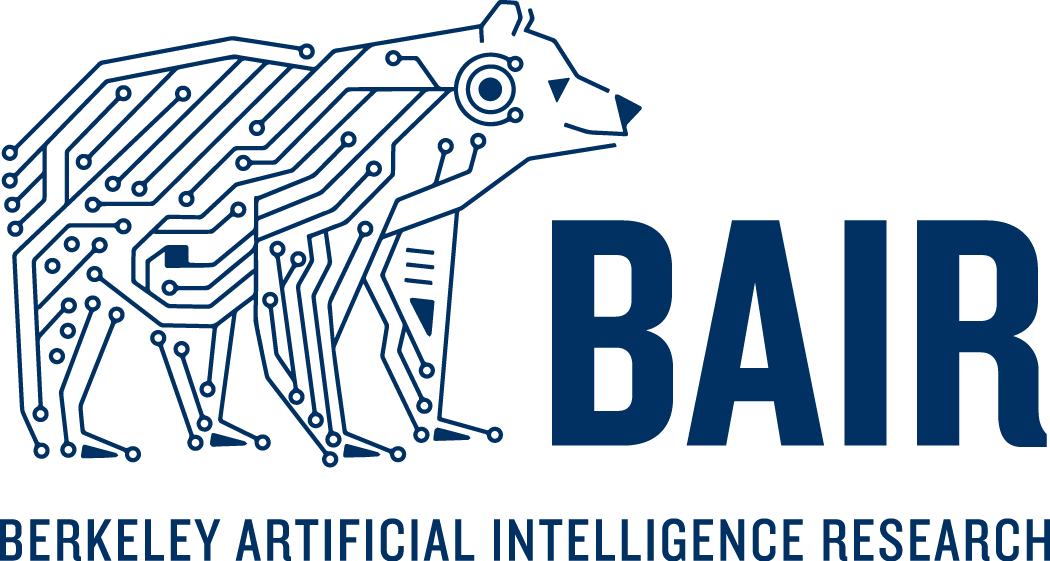15 results.
Berkeley Artificial Intelligence Research
Visit Website
The Berkeley Artificial Intelligence Research (BAIR) Lab brings together UC Berkeley researchers across the areas of computer vision, machine learning, natural language processing, planning, control, and robotics. BAIR includes over 50 faculty and more than 300 graduate students and postdoctoral researchers pursuing research on fundamental advances in the above areas as well as cross-cutting themes including multi-modal deep learning, human-compatible AI, and connecting AI with other scientific disciplines and the humanities.
Berlin Brain-Computer Interface
Visit Website
The Berlin Brain-Computer Interface aims to improve the detection and decoding of brain signals acquired by electroencephalogram (EEG). To this end the research focusses on new sensor technology, improved understand of the brain and the analysis of brain waves using modern machine learning methods.
Machine Intelligence Research Institute
Visit Website
The Machine Intelligence Research Institute (MIRI), formerly the Singularity Institute for Artificial Intelligence (SIAI), is a non-profit research institute focused since 2005 on identifying and managing potential existential risks from artificial general intelligence. MIRI's work has focused on a friendly AI approach to system design and on predicting the rate of technology development.
Neural Acoustic Processing Lab
Visit Website
"Our lab is dedicated to the exploration of human speech communication. We are working on identifying the representational and computational characteristics of the brain regions and biological neural networks involved in naturalistic speech communication, and integrating these attributes into novel mathematical models. More accurate neuro-inspired models will advance our knowledge of how the brain extracts and processes information, and will close the performance gap between biological and artificial computing."
JHU Cognitive Neurophysiology and BMI Lab
Visit Website
"Under the direction of Dr. Nathan Crone, the JHU Cognitive Neurophysiology and BMI Lab is working to identify and validate electrophysiological signatures of human cortical processing and to use them to study the neural mechanisms of motor, sensory, and language functions. Where applicable, we are applying this understanding to the development of assistive systems for individuals with disabilities."




